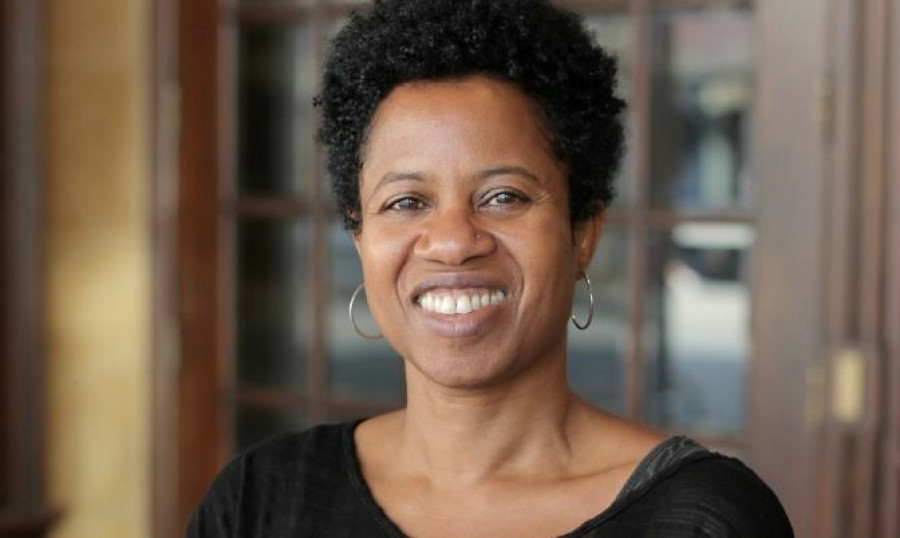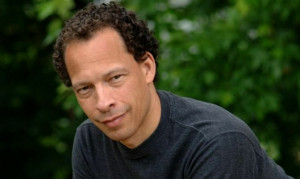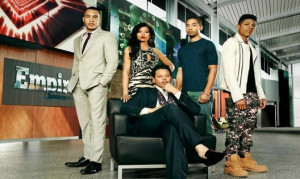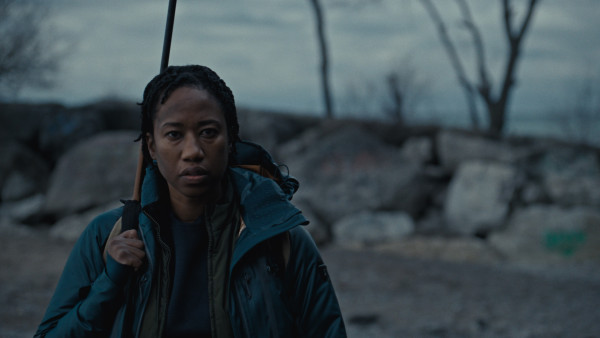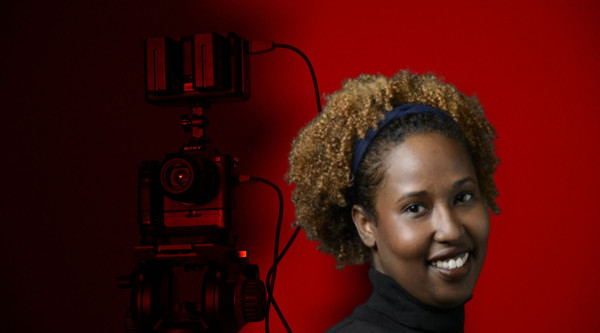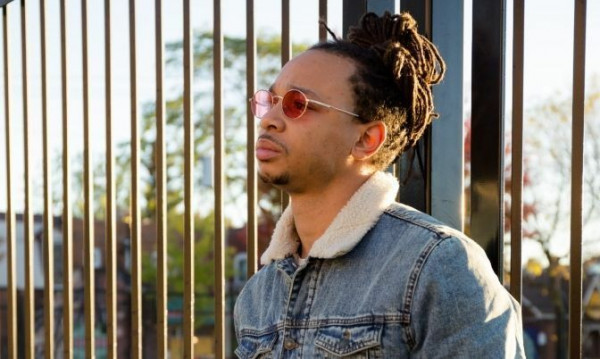Born in St. Kitts, Browne grew up in the low-income community known as Regent Park after her family immigrated to the area when she was five years old. “I went to school for the first time, learnt to ride a bike, had my first kiss, took my first pictures, wrote my first poems and made my first documentary videos there. The stigmatized community was the only home I knew up until the age of twenty.” It is that time spent as a daughter of “The Park” that inspired her award-winning films This Way Out, Them That’s Not: Single Mothers and the Welfare System and her current project in development The Park: A Farewell to Social Housing, described as an intimate look at the demise of the Regent Park community and public housing in general.
Browne is a prolific storyteller whose directing style uncovers the humanity hidden behind beurocracy and shame. Forthright and courageous, Browne accomplishes an uncanny sensitivity between the camera and her characters akin to a family friend who comforts through listening.
For filmmakers—both veteran and emerging—who share a passion for storytelling but feel limited with their resources, Browne is very generous with advice. She has sustained a 30-year career solely working in film and media. Browne says, “I don't have any regrets. I’ve never held a regular job and I have a house, and raised three kids.” How does she do it?
Perseverance. Browne notes her willingness to persevere as essential to working in the industry. “You go hard and then have to step away sometimes. With my narrative film Sena (about modern day slavery), I’ve been trying to do that thing for more than 10 years now. There’s a little spark of hope, and then it fades away. That happens. But put it on the back burner because you may get a different perspective. And that pays off.”
Budgets. “Your budgets are just as creative as the scripts,” says Browne. Having the flexibility to film a project either very comfortably or with financial constraints will ensure a film gets made. But Browne also advises not to compromise subject matter just to get funding. “There’s a view that stepping outside of the status quo when it comes to Black stories won’t get you funded.” Browne says in her experience funding “comes along slowly. It would be a luxury if I have a full budget.” Her advice: “Shoot something. And then try to use that footage to get to the next set of funding. You don't have to have the best gear…you just have to tell a good story. Make films with anything. It’s the person in the story that makes the film, right? I shot one of my docs on a consumer camera. Shoot with what you have.”
Money. “Get money at the front end,” she says, “because at the distribution end, the kind of deals that you get into are not really lucrative.” And she strongly suggests to never put your own money into the films. “Never. If I don't have the money, I don't make a film. You can't risk it.” Browne says, “Find equipment. There's a guy with gear and he may be willing to help. But I never put my own money into my films.” Leading a self-described frugal existence, Browne says she does not spend when she knows the money is not coming. “I’m a Black woman, and for a long period of time I cut my own hair—not wanting to go to the hairdresser and being very natural. The kids know I'm cheap.”
Writing. Browne authored the book Two Women. She then worked on the five-part Speaking in Tongues: The History of Language television series and has since returned to writing a second manuscript. “Write what you know,” she says. “When I look back, we were poor, yeah, but there was such richness there. I am indebted to that community to who I am today.” Browne’s documentary, The Park… will be her third at that location. “The ‘ghetto’ makes you strong, resilient, a good judge of people, and business savvy. So that's why I keep going back to there.”
Interviewing. “It's about sharing. I did a workshop on interviewing not too long ago. I reminded the students that there's a lot of exploitation going on. You're asking a lot of your subject. The way you get that is my giving to them first. This is me, this is who I am... my story I want to share with you before we go on.” Browne very openly admits that her success in capturing the stories of the women in Them That's Not… was due to her own transparency: “How did I get access? I was on welfare when I was young and I was one of them. Even if you’re not from the same background, be willing to give of yourself. And be open and respectful.”
Technology. “I haven't edited my own films in a long time,” says Browne who has currently returned to both shooting and editing while working on a masters degree. “I’m getting back to that. Now you have all these apps and can shoot films on smartphones where you can do it yourself.” But with the access to assembling a shot list and adding effects, Browne continues to stand by the power of story structure as well. “Have in mind the story and the story will dictate how one shot will go to the next.”
Outreach/Distribution. Based on Browne’s experience, feature length documentaries are more likely to continue to generate revenue versus a television documentary. “Unless you're going to sell to a second broadcaster and in another broadcast window, the television documentary is not going to make a lot of money on the distribution end of things,” she says. Browne is a filmmaker who still makes money on her earlier films available in educational distribution. Yet a few steps are still required between completing the film and distribution. There is getting the word out through the now popular route of social media and the film festival circuit. First and foremost when in this stage, Browne says definitely have a trailer. “And have that trailer go anywhere and everywhere.”
Browne’s films about race, class and identity have been distributed worldwide. She takes pride in her role as a feminist telling these stories and having them well received. Her last piece of advice is for women filmmakers: “Tell women's stories. The onus is on us to tell our own stories and tell them well.”
Christene Browne is the recipient of numerous awards including the Documentary Filmmaker prize at the Women’s International Film and Television Showcase Visionary Awards (2011).
